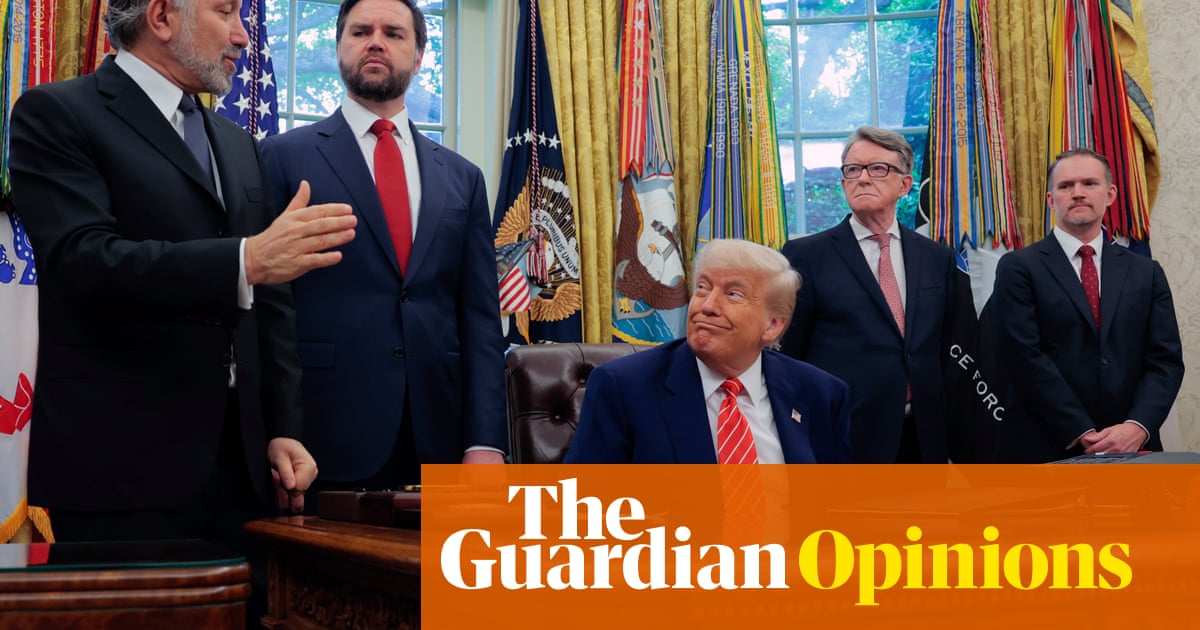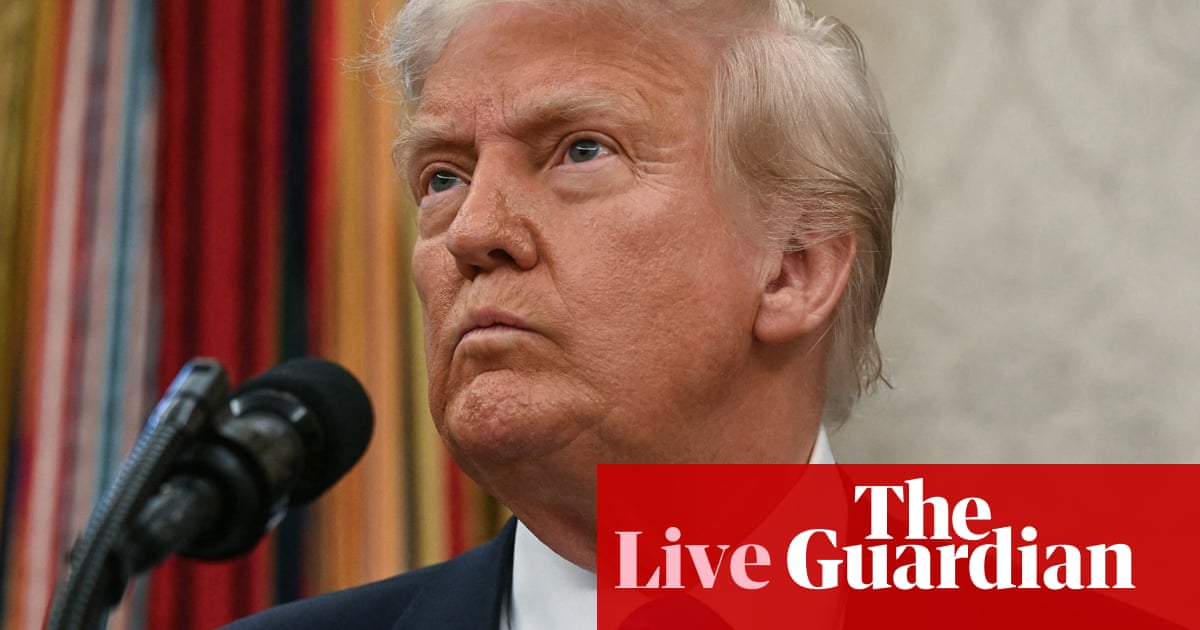Not much about Britain’s post-Brexit relationship with the European Union is settled, but Keir Starmer can justifiably claim it has been “reset”. That word was artfully chosen before last year’s election to dress low aspiration as high diplomacy. There are 10 days of negotiation before the summit in London, where a new UK-EU partnership is due to be unveiled. It will be more outline than substance. But there is progress in the very fact that Britain’s ruling party sees Brussels as a partner, not a parasite.
Old-guard Eurosceptics will, of course, denounce any deal as a betrayal of Brexit. If there are plans for a time-limited, youth exchange visa, it will be decried as a return to free movement by the back door. If there is agreement to align regulations so that goods can more efficiently cross borders and the European court of justice is involved in adjudicating compliance, the high priests of sovereignty will anathematise it for heresy. Any commonality on carbon levies or renewed permission for the French to fish in British waters will be painted in shades of surrender.
But the imprecations will be muttered from the sidelines to a dwindled crowd of zealots. Most Britons see the prospect of better relations with the EU as desirable, or at least uncontroversial. That was already true in 2023, when Rishi Sunak signed the Windsor framework to fix bugs in the way that Brexit applied to Northern Ireland, and when he agreed that British scientists could rejoin the EU’s Horizon scheme. It was true when Kemi Badenoch, as Sunak’s trade and business secretary, dropped a deadline for the automatic expiry of thousands of EU regulations that had been retained in UK law. Those accommodations with reality were also dilutions of Boris Johnson’s Brexit deal. Sunak enjoyed cordial relations with Ursula von der Leyen, the European Commission president. She called him “dear Rishi” in a press conference.
If a reset is defined by warmer rhetoric and a commitment to stop doing really stupid stuff, the process was under way even before Starmer entered Downing Street. To observe the continuity is not to downplay the difference that a Labour government makes. The centrepiece of Starmer’s plan is a defence and security alliance framed in terms of continental solidarity and, by implication, a hedge against American strategic infidelity. That would have been taboo to any Tory leader. The same applies to something as obviously sensible as an agreement to hold regular summits, formalising a system for rolling UK-EU dialogue.
In important respects, Starmer has renounced the Europhobic spirit that guided Johnson’s Brexit. But in more substantial ways he is stuck with the letter of the deal that Johnson actually signed. Its core functions are preserved in red lines ruling out a return to the single market or the customs union.
If there is value in that prohibition, it consists only in electoral tactics. As economic policy and strategic positioning, it is pointlessly self-limiting. Maybe it was essential to neutralise Brexit as a toxic issue in the election campaign. We can only hypothesise about counterfactual scenarios where Labour kept more options open and was either punished by voters or won a large majority anyway. But the room for manoeuvre available within those red lines is measurable, and it is small. A veterinary agreement, easing border friction for agricultural exports, is good to have, for example, but it won’t stimulate a bounty of growth.
Refusal to deviate from Tory-era Brexit orthodoxies is doubly limiting. By ruling out ambitious models of future integration, and doing so in transparent fear of a domestic backlash, Starmer discourages Brussels negotiators from flexibility even in those areas where discussion is permitted. It sends the signal that British politics, beneath the new surface warmth of a Labour government, retains a deep and cold cultural suspicion of the European project. It conveys systemic ignorance, tediously familiar from Brexit negotiations, of how the EU even works; how it is an alliance governed by laws and treaties that signs deals with states, not political parties.
Starmer earned a goodwill dividend by virtue of not being a Tory, but he overestimates the leverage that gives him as an architect of future relations when his successor could feasibly be Nigel Farage.
Pro-European vibes from a Labour prime minister also cannot overcome the asymmetry of Johnson’s Brexit, which was conceived in aggression against Brussels but inflicted more harm on Britain. It didn’t leave the EU side wanting much. Starmer does have cards to play. In the European league, the UK’s defence and security capabilities are equalled only by France. Russian aggression in Ukraine, coupled with Donald Trump’s vindictive anti-European streak, make a case for hugging Britain close – but not if the Brexit virus is merely dormant.
The trade deal that Starmer agreed with the US president on Thursday may not clash explicitly with goals he is simultaneously pursuing in Brussels, but the balancing act is inherently unstable. Trump hates the EU for its geopolitical autonomy as a continental trading bloc. He wants it broken. That is understood in Brussels as an existential threat.
Sooner or later, there will come a crisis that forces Starmer to choose between solidarity with Europe and vassalage to Washington. His studious effort to maintain equidistance is liable to be interpreted in Brussels as another symptom of deep-tissue Brexitism in the UK body politic.
That needn’t bother the prime minister if his ambitions for a future EU relationship are even more modest than they look; if his definition of a new strategic partnership is a slow, grinding technocratic adjustment to the status quo. But if he really has something more substantial and transformative in mind he must declare it aloud, not just in Brussels but at home.
Getting a good deal from the EU and earning public support for it are part of the same process. A leader who looked capable of changing the terms of debate, proactively challenging Brexit myths, would unlock goodwill in negotiations and get a better deal. A pro-European agenda can be advanced only so far by stealth. At some point, the time must come to win the argument. And that can’t happen with an argument that is never even made.
-
Rafael Behr is a Guardian columnist

.png) 9 hours ago
6
9 hours ago
6













































